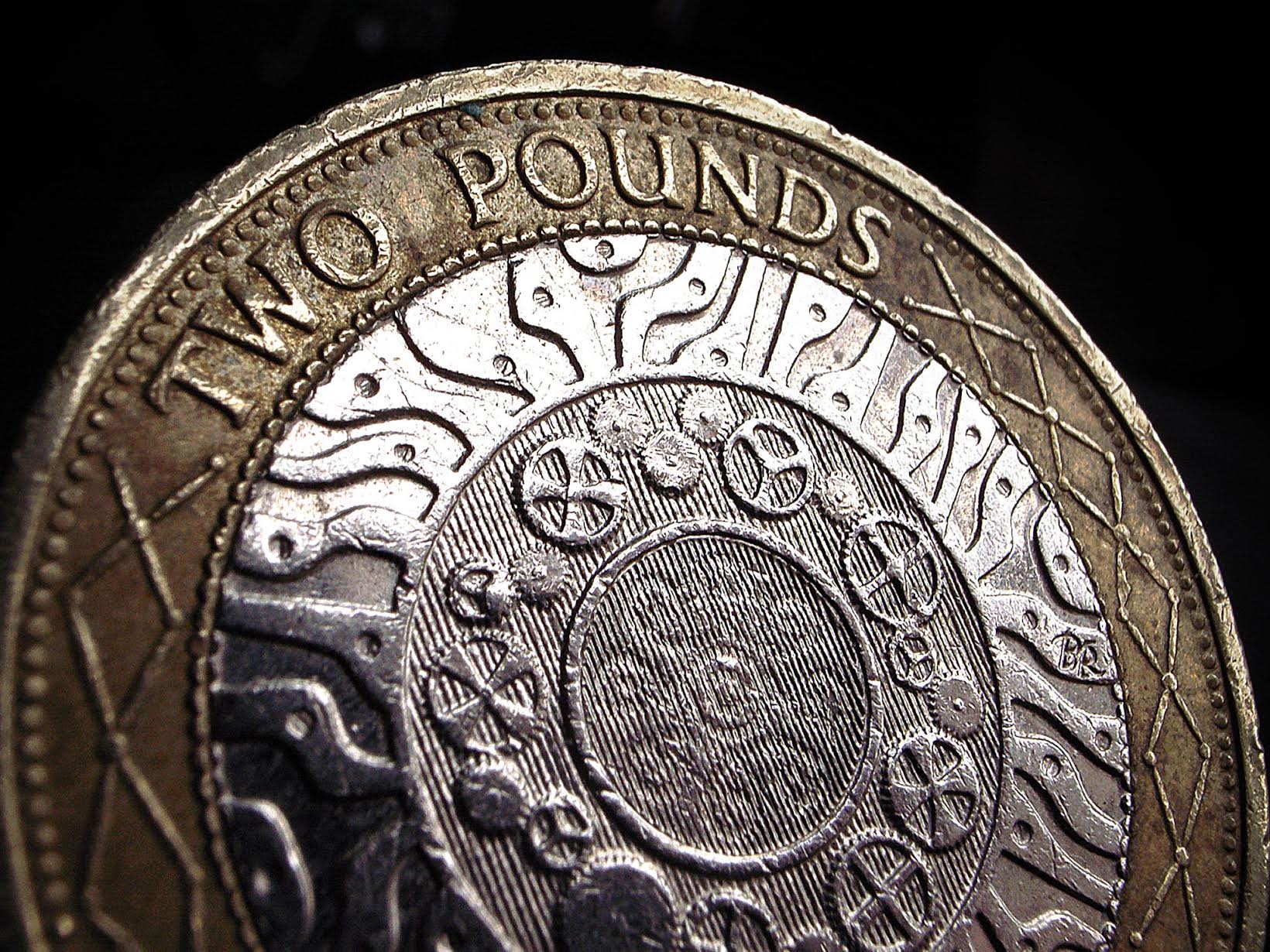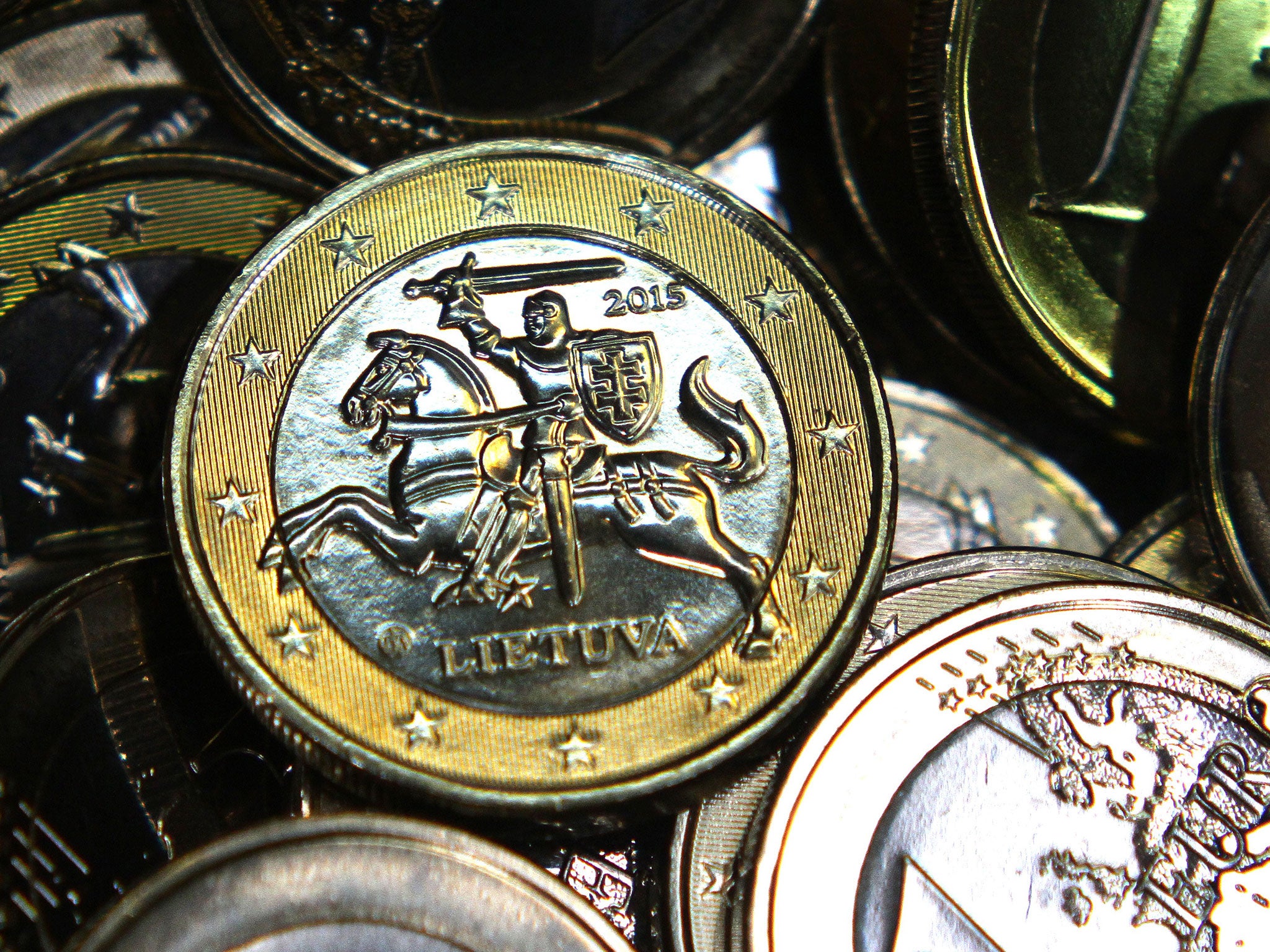Discovery of largest ever stash of fake Euro coins sparks fears £2 coin could be next
The euro coin and the £2 have a similar, bi-metallic, look

Your support helps us to tell the story
From reproductive rights to climate change to Big Tech, The Independent is on the ground when the story is developing. Whether it's investigating the financials of Elon Musk's pro-Trump PAC or producing our latest documentary, 'The A Word', which shines a light on the American women fighting for reproductive rights, we know how important it is to parse out the facts from the messaging.
At such a critical moment in US history, we need reporters on the ground. Your donation allows us to keep sending journalists to speak to both sides of the story.
The Independent is trusted by Americans across the entire political spectrum. And unlike many other quality news outlets, we choose not to lock Americans out of our reporting and analysis with paywalls. We believe quality journalism should be available to everyone, paid for by those who can afford it.
Your support makes all the difference.The discovery of the biggest haul of counterfeit coins in the history of the euro has sparked fears that the £2 coin could soon also be forged in China.
The bi-metallic £2 coin, with its golden rim and silver centre, was thought to be more difficult to fake than pennies, or widely forged £1 coins.
However, a major seizures of €500,000 worth of fake euro coins from China by Italian police has sparked concerns that forgers could next turn their skills to the £2 coin, which has a similar colouring to the €1 coin.
Italian detectives were inspecting metal pipes in the port of Naples when they discovered the hoard of forged coins - the biggest seizure of fake coins in European history, The Times reported.

Investigators believe that the coins are of such a close match to real euros, that they could cost businesses thousands in lost revenue, as they are likely to be accepted in vending machines.
A forgery investigator told The Times that police forces do not generally prioritise counterfeit coins due to their relatively low value, adding that forged goods often follow a route from China via Italy.
But spokesman for the Royal Mint told the newspaper that forgers would require highly sophisticated equipment to replicate the £2 coin, and the coins are not yet thought to be commonplace.
Join our commenting forum
Join thought-provoking conversations, follow other Independent readers and see their replies
Comments